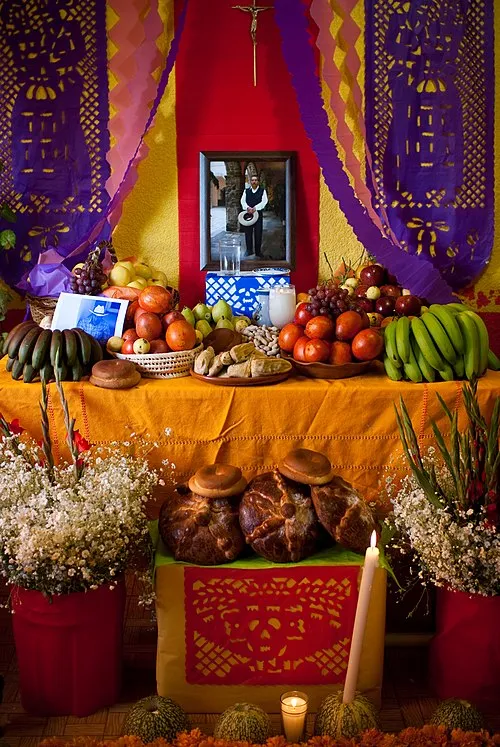
Commemorating the Anniversary of the Revolution in Algeria
The Anniversary of the Revolution in Algeria, observed on November 1st, marks a significant moment in the country’s history. This day commemorates the beginning of the Algerian War of Independence against French colonial rule, which officially began in 1954 and lasted until 1962. It not only symbolizes the struggle for freedom but also the resilience and determination of the Algerian people in their quest for self-determination.
Historical Context
Algeria was under French rule for 132 years, which resulted in extensive cultural, social, and economic impacts on the country. The long-standing oppression ignited a revolutionary spirit among the populace. By the early 1950s, various nationalist movements had begun to emerge, culminating in a nationwide uprising that called for independence.
The Revolution Begins
On the night of November 1, 1954, the National Liberation Front (FLN) launched a series of coordinated attacks against military and police targets. This marked the official start of the Algerian War of Independence. Over the ensuing years, the conflict escalated, drawing international attention and resulting in significant bloodshed. Over a million lives were lost during this tumultuous period, with the Algerian population bearing the brunt of the violence.
International Influence and Support
The Algerian struggle for independence resonated with many anti-colonial movements across the globe. Influential figures and nations provided support, ranging from diplomatic recognition to military assistance. This international solidarity played a crucial role in amplifying the voice of the FLN and raising awareness about the plight of the Algerian people.
Victory and Aftermath
The revolution culminated in the signing of the Evian Accords on March 18, 1962, which led to Algeria's independence on July 5, 1962. This victory was not merely a political triumph; it also signaled the dawn of a new era for Algeria where the aspirations for a national identity and cultural revival were rekindled. The aftermath of the war, however, presented new challenges, including the need to rebuild a nation torn apart by conflict.
Commemoration of the Anniversary
Every year, the Anniversary of the Revolution is celebrated with various events throughout Algeria. These include parades, speeches, and cultural exhibitions that showcase the resilience of the Algerian spirit. Schools and institutions often engage students in educational activities that highlight the importance of history and the values of freedom and justice.
Global Reflection and Solidarity
The anniversary also serves as a reminder of the broader struggles against colonialism and oppression across the globe. It inspires contemporary movements that contest injustices, fostering a spirit of solidarity among nations and cultures advocating for freedom and equality.
Conclusion
The Anniversary of the Revolution in Algeria stands as a testament to the indomitable spirit of a nation. Reflecting on the sacrifices made and the lessons learned from the past can guide present and future generations in fostering peace, unity, and progress. On November 1st, Algeria not only remembers its past but also embraces its commitment to uphold the values of independence and dignity.






